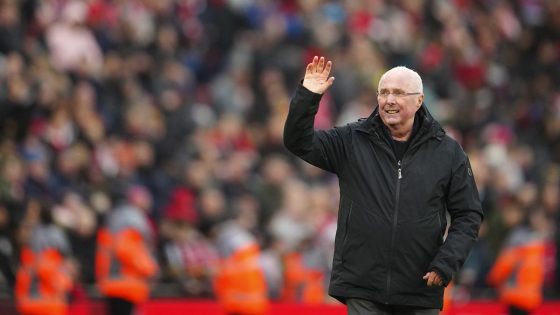One of the first thoughts that entered my addled brain after the Falcons made quarterback Michael Penix Jr. the eighth overall pick in the 2024 draft is that Kirk Cousins would not have signed with the Falcons six weeks earlier if he’d known that they would be using such a key asset not on someone who will help him win but on someone who will eventually replace him.
Finally, Cousins was asked that question. And his actual answer provided a window into his true feelings.
“I don’t really deal in hypotheticals” was the best he could muster.
If the answer were “yes,” there would have been no reason to avoid the question. Hiding behind a reluctance to answer hypothetical questions makes it easier to conceal the answer if it’s anything other than “yes.”
The truth, at best, might have been something like this: “Well, it would have made me ask a lot more questions, because they gave me the impression that we were fully aligned on my desire to win a Super Bowl, and on me having the opportunity to retire here.” At worst, the truth would have been, “Hell no.”
Cousins talked at his introductory press conference about the importance of the owner, G.M., coach, and quarterback being on the same page. Drafting Penix shows that Cousins wasn’t even in the same book.
If he’d known that’s what they would do, Kirk quite possibly would have stayed in Minnesota or gone elsewhere. At the bare minimum, he would have wanted greater protections and assurances that he’ll be on the team for at least two or three years.
As it stands, he could be traded after one (or two) years and cut after two years. In theory, he could be traded after June 1 of this year with the same cap consequences as a pre-June 1 trade in 2025 — if the Falcons are able to get the next team to pick up the remaining $25 million to be paid in September and December under his original signing bonus, and if they’re willing to let him walk away with $25 million for nothing in return.
That’s incredibly unlikely, but it’s also not impossible. All it takes is one serious quarterback injury (like Teddy Bridgewater in 2016) to create an urgency by another team to make the Falcons an offer that they’d love to not refuse.
Sure, he has a no-trade clause. Given what happened in the draft, he might welcome the opportunity to waive it, if it means he’ll be “the guy” on a new team, without someone hovering over his shoulder for as long as he’s on the team. Which is exactly what will happen in Atlanta.
Source Agencies


